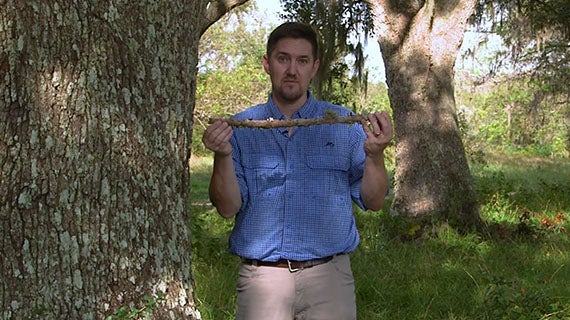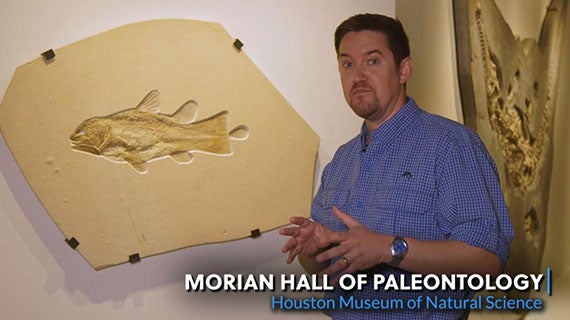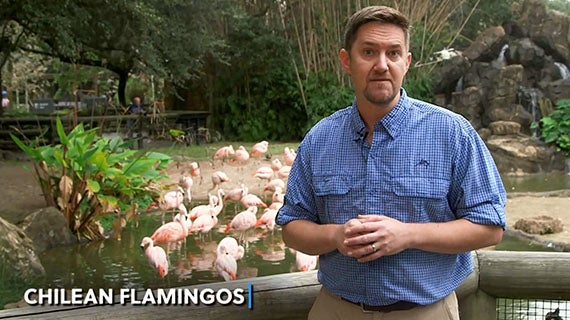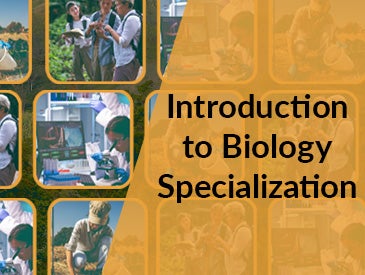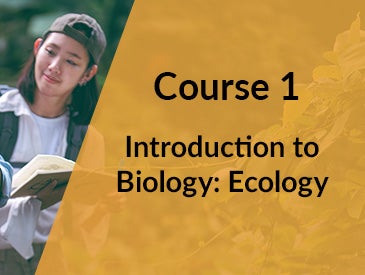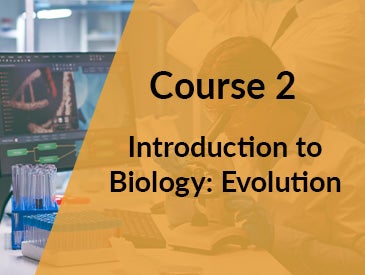Introduction to Biology: Biodiversity (Course 3)
For each of the major groups that comprise the planet’s biodiversity – microorganisms, plants, and animals – we’ll learn about their characteristics, functions, and how they came into existence, as well as some of the roles they play in the natural world, and how they’re relevant to people.
We’ll also take a close look at us humans and consider what we know about our origins and what might become of us in the future.
Who should attend:
- Anyone interested in biology and the sub-field of biodiversity on earth
- College and high school students who want to experience a university-level or Rice University science course
- High school and middle school teachers who need a high-quality supplementary resource for teaching biology to students
- Global science and nature enthusiasts who want to take a fun, interactive biology course online
You will be able to:
- Define biological diversity, biodiversity, and each of the major life groups on this planet (microorganisms, plants, and animals)
- Understand important concepts from biodiversity, including evidence of how life on Earth began, prokaryotic life, eukaryotic life, invertebrate and vertebrate animals, and mammals and humans
- Apply biological diversity concepts and theories to practical, everyday considerations, exploring how human evolution has proceeded into modern times
LECTURE SAMPLES
MEET YOUR RICE PROFESSOR

Scott Solomon, Ph.D.
Dr. Scott Solomon is a biologist, professor, and science communicator. He teaches ecology, evolutionary biology, and scientific communication as an Associate Teaching Professor at Rice University in Houston. Dr. Solomon is also a Research Associate at the Smithsonian Institution’s National Museum of Natural History. He has a Ph.D. in Ecology, Evolution, and Behavior from the University of Texas at Austin where his research examined the evolutionary basis of biological diversity in the Amazon Basin.
Dr. Solomon often speaks and writes about science at schools, museums, churches, science cafés, TEDx events, and other venues and has appeared on radio broadcasts on NPR and the BBC World Service and television series such as NASA’s Unexplained Files and Life 2.0. His writing and photography have appeared in publications such as NBC News, Slate, Aeon, Nautilus, and Wired, and his first book, Future Humans: Inside the Science of Our Continuing Evolution was published by Yale University Press and was included on the 2017 Best Book List by the American Association for the Advancement of Science (AAAS).
Explore our related biology courses
CONTACT
Any questions? Please e-mail riceonline@rice.edu
CONTACT
Any questions? Please e-mail riceonline@rice.edu

